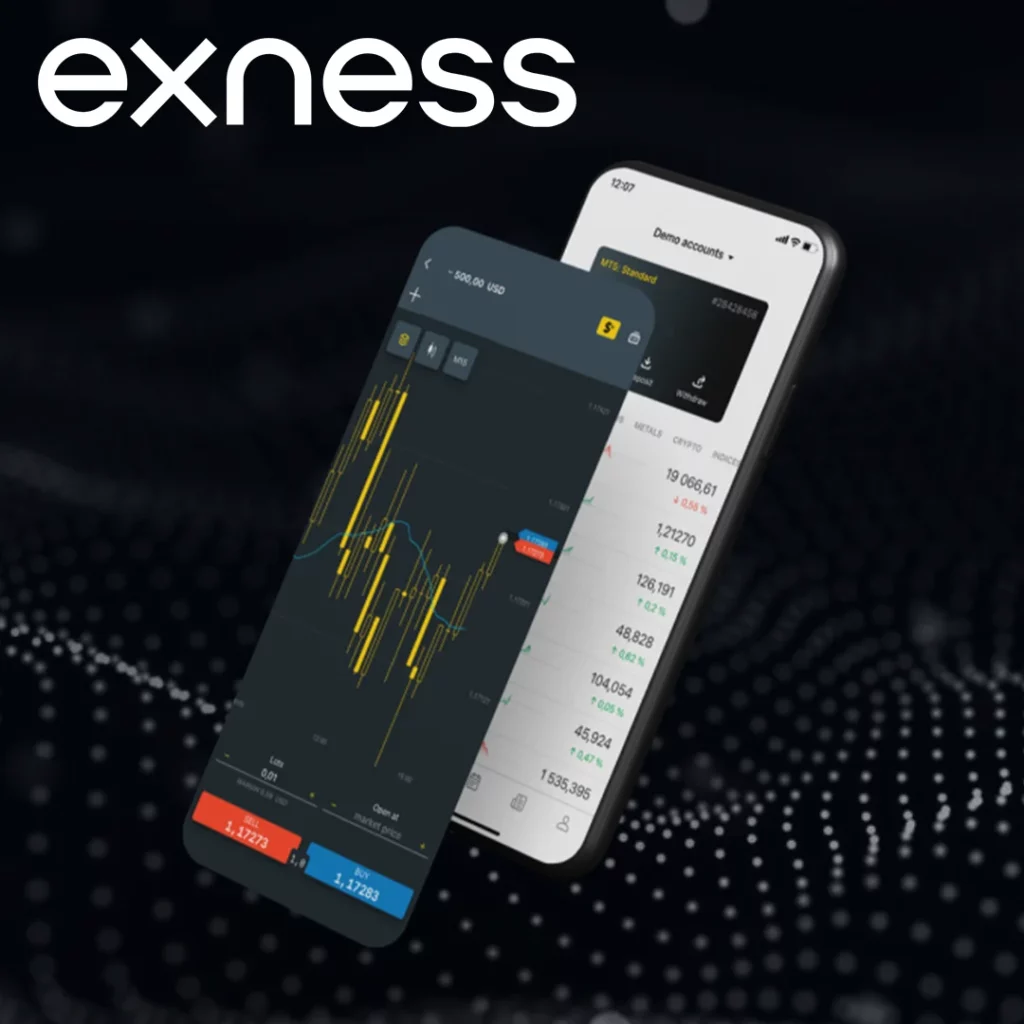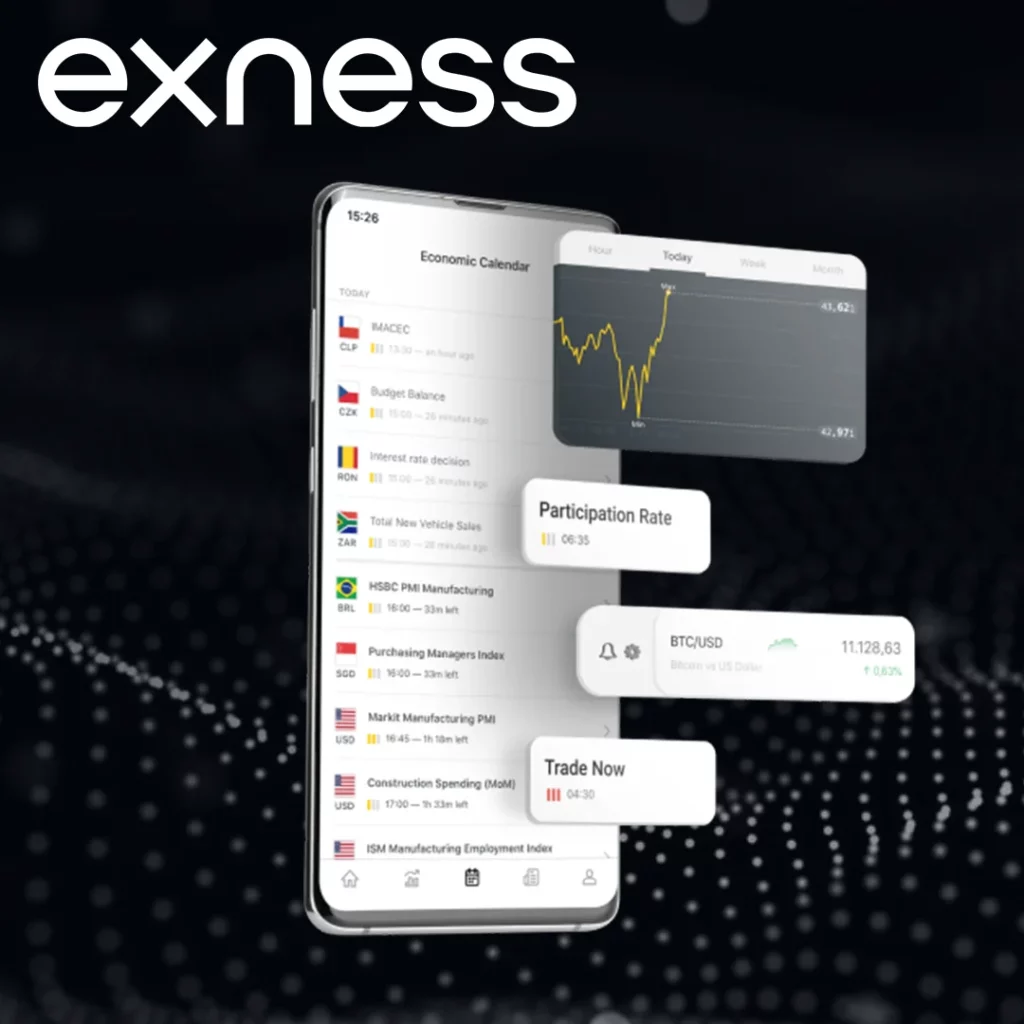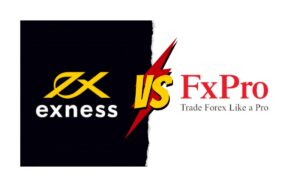The forex trading industry is vast, with brokers competing to provide the best services for traders worldwide. Among the leading players, Exness and Alpari are frequently compared. This article delves into the features, strengths, and limitations of both brokers, offering a comprehensive evaluation of their services.
Company Overview and Regulatory Standing
The regulation of a broker plays a critical role in ensuring client funds’ safety and transparent operations.
| Feature | Exness | Alpari |
| Regulators | CySEC, FCA, FSA, FSCA, CBCS, CMA | FSC (Mauritius), FSA (Seychelles) |
| Founded | 2008 | 1998 |
| Global Presence | Over 130 countries | Over 150 countries |
| Client Fund Security | Segregated accounts, negative balance protection | Segregated accounts, negative balance protection |
Exness is heavily regulated by top-tier authorities like the FCA (UK) and CySEC (Cyprus), ensuring stricter compliance standards. Alpari primarily operates under regulators like the FSC (Mauritius) and FSA (Seychelles), which are considered mid-tier. This gives Exness an edge in terms of perceived reliability.
Account Types and Flexibility
Exness offers a range of account types to cater to diverse trading needs. From the Standard Cent account, ideal for beginners, to the Zero and Raw Spread accounts for advanced traders, Exness covers a broad spectrum of trading preferences. Additionally, Exness does not impose a minimum deposit for Standard accounts, providing flexibility to new traders.
Alpari’s account offerings are more focused on professional trading, particularly through its ECN accounts. While the ECN model is attractive for those seeking direct market access, the lack of beginner-friendly account types like Standard Cent limits its appeal to novice traders.

| Account Type | Exness | Alpari |
| Standard | No minimum deposit | $20 |
| Standard Cent | No minimum deposit | Not available |
| Pro | $200 | $500 |
| Raw Spread | $200 | Not available |
| Zero | $200 | Not available |
| ECN | Not available | $300 |
Exness offers more variety in account types, catering to beginners with Standard Cent accounts and advanced traders with Raw Spread and Zero accounts. Alpari, on the other hand, focuses heavily on ECN trading for professional traders.
Trading Platforms and Tools
Both brokers provide MetaTrader 4 (MT4) and MetaTrader 5 (MT5), two of the most widely used trading platforms globally. These platforms are known for their reliability, advanced charting tools, and algorithmic trading capabilities.
| Platform | Exness | Alpari |
| MetaTrader 4 (MT4) | Yes, all devices | Yes, all devices |
| MetaTrader 5 (MT5) | Yes, all devices | Yes, all devices |
| Proprietary Platform | No | No |
| Social Trading | Yes | Yes |
Exness goes further by integrating additional features such as VPS hosting and free trading signals for its users. The availability of a social trading platform also sets it apart, allowing traders to copy strategies from experienced professionals.
Alpari, while also offering MT4 and MT5, lacks a proprietary platform or advanced tools like those provided by Exness. However, its focus on ECN trading and high-speed order execution appeals to professional traders.
Spreads, Commissions, and Overall Trading Costs
For many traders, low trading costs are a top priority. Exness offers highly competitive spreads starting from 0.3 pips on Standard accounts and 0.1 pips on Pro accounts. Its Raw Spread account features spreads as low as 0.0 pips with a low commission of $3.5 per lot.
Alpari’s spreads are slightly wider, starting at 0.4 pips for Standard accounts and 0.3 pips for Pro accounts. ECN accounts offer spreads from 0.0 pips, but the commission is higher at $6 per lot, making it less cost-effective for high-frequency traders compared to Exness.
| Feature | Exness | Alpari |
| Spread (EUR/USD) | From 0.3 pips (Standard) | From 0.4 pips (Standard) |
| Pro Account Spread | From 0.1 pips | From 0.3 pips |
| Raw Spread | From 0.0 pips, $3.5/lot | Not Available |
| ECN Spread | Not Available | From 0.0 pips, $6/lot |
Leverage Options and Risk Management
Leverage allows traders to control larger positions but also increases risk.
| Feature | Exness | Alpari |
| Maximum Leverage | 1:Unlimited | 1:1000 |
| Risk Management Tools | Stop-out protection, VPS, alerts | Stop-out protection, VPS |
Exness offers leverage up to 1:Unlimited, an attractive feature for traders who want to maximize their exposure with minimal capital. While this is particularly appealing to experienced traders, it also requires disciplined risk management to avoid significant losses.
Alpari provides leverage up to 1:1000, which is competitive but not as high as Exness. Both brokers offer risk management tools like stop-out protection and negative balance protection to safeguard traders from excessive losses.
Market Instruments and Trading Diversity
A broker’s range of trading instruments determines the versatility of its offerings. Exness provides access to over 200 instruments, including 107 forex pairs, metals, cryptocurrencies, indices, stocks, and energies. This makes it ideal for traders looking to diversify their portfolios.
Alpari, by contrast, offers a more limited selection of around 100 instruments. Its focus is primarily on forex and CFDs, with fewer options for stocks and cryptocurrencies.
| Market | Instruments (Exness) | Instruments (Alpari) |
| Forex Pairs | 107 | 46 |
| Metals | Gold, silver, platinum | Gold, silver |
| Cryptocurrencies | BTC, ETH, XRP, more | BTC, ETH, LTC |
| Indices | 10+ major indices | 11 indices |
| Stocks | 70+ CFDs | 30+ CFDs |
| Energies | Brent, WTI, natural gas | Limited options |
Deposit and Withdrawal Processes
Exness excels in offering instant deposits and withdrawals for most payment methods, ensuring that traders have immediate access to their funds. It supports a wide range of payment options, including bank transfers, e-wallets, and cryptocurrencies, all with zero deposit or withdrawal fees.
Alpari also provides a variety of payment methods but lacks the speed and fee-free structure of Exness. Bank transfers can take up to 24 hours, and certain withdrawal methods incur additional fees.
| Feature | Exness | Alpari |
| Deposit Fees | None | None |
| Withdrawal Fees | None | Varies (bank transfers may incur fees) |
| Processing Time | Instant for most methods | Up to 24 hours |
| Payment Methods | Bank transfers, e-wallets, crypto | Bank transfers, e-wallets, crypto |
Both brokers excel in providing multiple payment options, but Exness leads with its instant processing for most deposit and withdrawal methods, minimizing downtime for traders.
Customer Support and Accessibility
Exness provides 24/7 customer support in over 15 languages, making it one of the most accessible brokers globally. Its availability on weekends is a significant advantage for traders in multiple time zones.
Alpari offers 24/5 customer support in 12 languages. While adequate, the lack of weekend support may inconvenience some traders.
| Feature | Exness | Alpari |
| Support Hours | 24/7 | 24/5 |
| Supported Languages | 15+ | 12+ |
| Contact Methods | Chat, email, phone | Chat, email, phone |
Additional Features and Educational Resources

Exness prioritizes trader education with webinars, tutorials, and market analysis tools. Its VPS hosting service, provided free for qualifying accounts, enhances trading efficiency by offering low-latency connections.
Alpari offers similar educational resources, including webinars and blogs, but lacks some advanced features like VPS hosting.
Conclusion: Choosing Between Exness and Alpari
The choice between Exness and Alpari largely depends on a trader’s needs:
- Choose Exness if you prioritize regulation, low trading costs, a wide range of instruments, and round-the-clock customer support. Exness is ideal for traders at all levels, from beginners to advanced professionals.
- Choose Alpari if you focus on ECN trading and prefer a broker with a long history in the industry.
While both brokers offer competitive services, Exness’s superior regulation, lower fees, and broader market access make it the more versatile option for most traders.

Trade with a trusted broker Exness today
See for yourself why Exness is the broker of choice for over 800,000 traders and 64,000 partners.
FAQ
What are the main differences between Exness and Alpari?
Exness offers more account options, lower fees, and broader market instruments, while Alpari specializes in ECN trading with higher leverage options.



